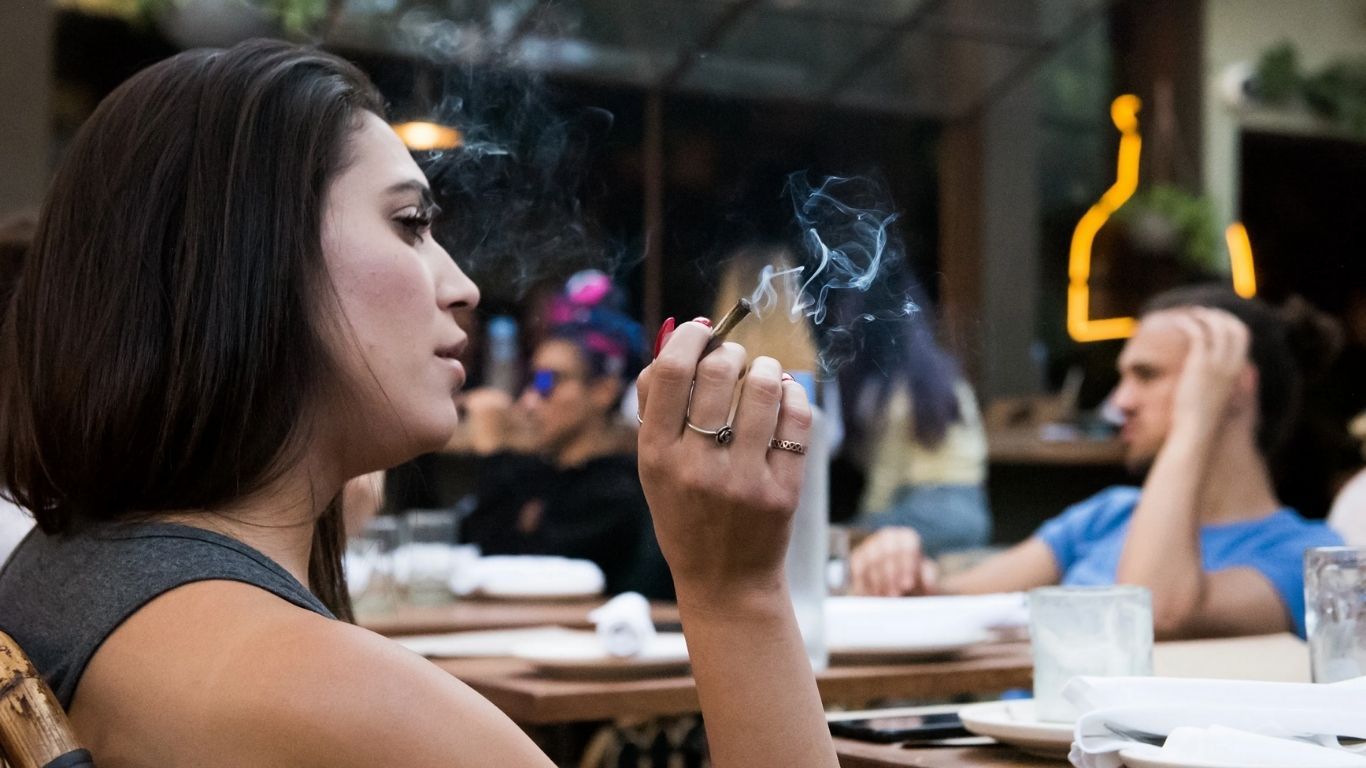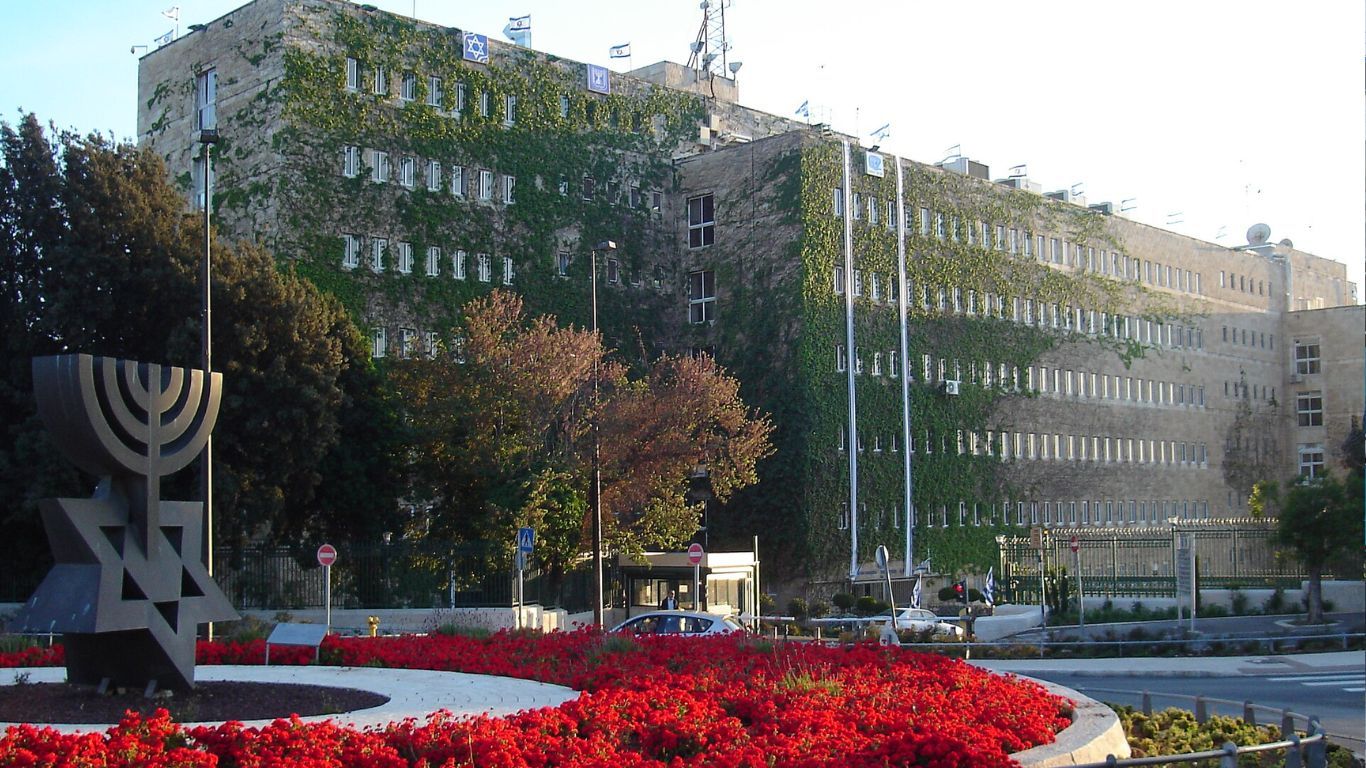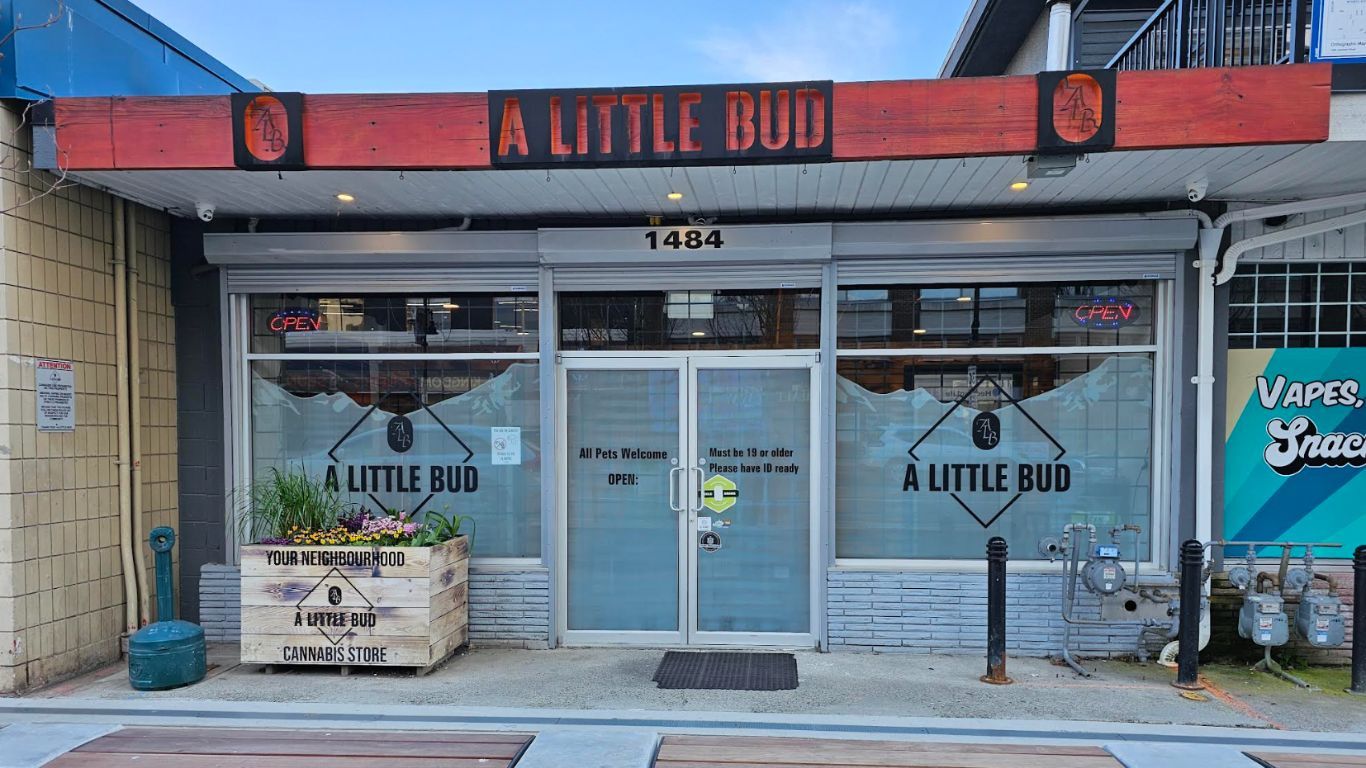
BC retailers and producers can expect more information from the province later this year when it comes to farmgate sales, direct delivery, and on-site cannabis consumption.
Announcements on farmgate and direct sales are still planned for the fall. The BC government is also planning on releasing a “What We Heard Report” by the end of this year, based on their public engagement around potential cannabis consumption spaces.
Hovan Baghdassarian, the Executive Director of the BC Cannabis Secretariat, the provincial office tasked with coordinating non-medical cannabis policy across BC, shared some details about those plans in a presentation at the Grow Up Cannabis Conference in Victoria on Jun 21.
The province has been engaging with stakeholders around its proposed plans for farmgate and direct sales since last summer, while talks around what on-site consumption spaces might look like is a more recent provincial development.
BC sought public feedback earlier this year on what cannabis consumption spaces might look like in the province.
Few details are yet available on what consumption spaces could look like, but the BC government has in the past suggested that one possible approach they are considering is a “special occasion” licensing to tie into future farmgate on-site sales for producers.
The government’s discussion paper on the topic argues that while consumption space policies should encourage people to transition from illicit to legal cannabis products, the availability of consumption spaces should also not contribute to significant increases in problematic cannabis use.
Indoor smoking and vaping would not be allowed in consumption spaces, but the province is considering whether to permit outdoor smoking and vaping in consumption spaces.
“My team has been leading that work (consumption spaces), and we’ll have a “what we heard” report coming out by the end of the year that outlines the findings from that,” Baghdassarian shared with the audience at the industry event. “Moving forward from that, we’ll do analysis and make recommendations to the government around (the) next steps.”
BC refers to “Cannabis consumption space” as a general term that “refers to a business, special event or other establishment providing cannabis for sale and use on-site. Consumption spaces range widely and may include outdoor designated areas, cafes and lounges, concerts or festivals, ticketed events, and spa experiences, among others.”
On-site consumption at special events has become more common in other provinces. The Edmonton Folk Festival is again welcoming an on-site cannabis consumption space to the event, and the Country Thunder Festival in Craven, Saskatchewan this year will feature a cannabis consumption space, as well.
BC’s proposed direct sales model, which is being overseen by the BC LDB, would be limited to “small-scale cultivators” producing up to 3,000 kilograms of cannabis annually.
BC’s cannabis farmgate model, overseen by the BC LCRB, is also said to have a focus on small-scale growers and has in the past said it may prevent stand-alone processors from taking part.
While farmgate could work well for some producers, others say they don’t think it makes sense for them, especially with the proposals the provincial government has been hinting at. Building and staffing a new retail store will be costly, and for many of BC’s more remote cannabis farms, the likely small amount of traffic won’t necessarily make the model viable.
In Ontario, where there was initial excitement when the province became the first to unveil its farmgate program in 2020, many producers chose to opt out, arguing that it made more sense to just work with local retailers rather than investing in all the retail infrastructure itself.
Shannon Ross, the CEO of Antidote Processing Inc, an applicant for a processing licence that is located just outside Nelson BC, says she wants to see a program that takes into account the unique nature of communities like the central Kootenays.
Currently in the application stage of licensing, Antidote intends to become a processing hub for many of the small growers in their region of eastern BC. As such, Ross says she would like to see a farmgate model that would allow a stand-alone processor like Antidote to serve as a retail hub where they can sell all the products from the different cultivators in the region, many of whom may be too remotely located to run their own retail store.
“We are very rural and have small populations spread out in far, remote regions, and road closures are common between October and April,” Ross shared with StratCann earlier this year. “The height of tourism is between May and September when cannabis is being grown and not ready for sale until November when winter hits and tourists stop visiting farms. Centrally located farmgate’s that feature multiple craft products will be essential to keep sales alive throughout the winter.”
Ross says she hopes that any farmgate model will also allow for on-site consumption —something the province has said they are considering — much like how many wineries operate.
“Similar to vineyards in the Okanagan, Kootenay farms will highlight unique cultivars and flavours that excite the consumer. Imagine a Bud & Breakfast located in the pristine mountains of the Kootenay where you can tour a farm, meet the farmer, taste and touch products and go soak in nature. Consumption spaces are essential to making this a successful model, consumers crave the ability to sample products before purchasing. People want to celebrate and socialize together in areas where they are free to consume cannabis, a farm is a perfect place for this type of activity.”
Colin Davison, Director and President at McIntyre Creek, an outdoor cultivator in Oliver, uses a similar comparison to wineries and wine tours.
“We’re definitely looking forward to farmgate in British Columbia,” says Davison. “That would be a much-needed benefit to our outdoor business and a much-needed avenue to bring our products into a retail setting.”
“It’s such a great opportunity for outdoor growers,” he continues. “If you look at wineries, having a membership and people come out to the winery, that would be a great way to link up with other outdoor growers, have tours and be able to cross-market our farms together.”











